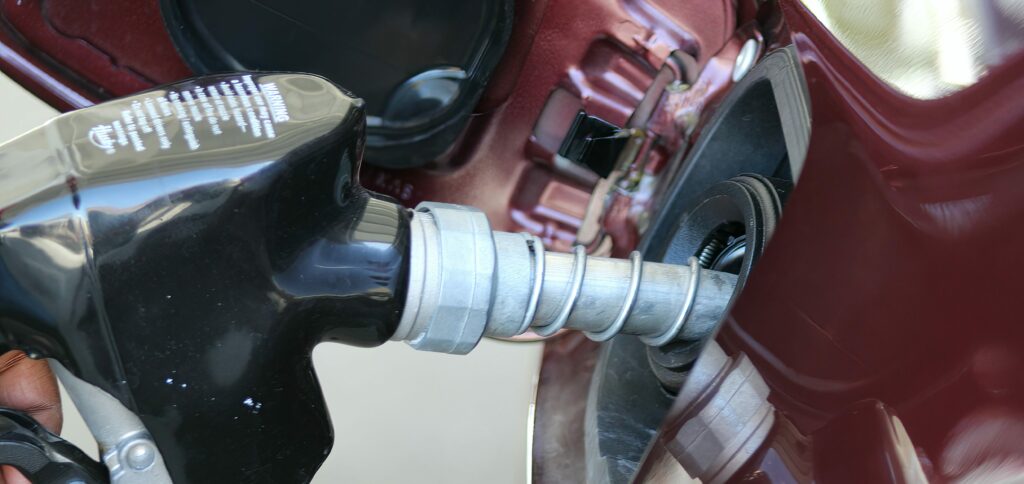The reduction in fuel was forced by the government, and the population has already started to notice that gasoline prices are rising again at stations:
ADVERTISING
Since the historic peak of R$7,39, recorded in the penultimate week of June, gasoline fell by 35% until the week ending October 8th. But, with no new discounts on Petrobras prices in recent weeks, prices have risen again at Brazilian gas stations.
What makes gasoline go up?
With the international market under pressure (war in Ukraine and demand greater than supply) and state-owned (Petrobrás) prices below import parity, there is no technical space for further reductions in refineries. This is what experts heard from Broadcast/Estadão they said.
In practice, this limits and can evenpromehave one of President Jair Bolsonaro's (PL) flags in the electoral race: the drop in fuel prices.
ADVERTISING
How did the government reduce the price of gasoline?
The so-called “falling trajectory” of fuel began on June 24, when the federal government sanctioned the law that limited the ICMS (tax on circulation of goods and services) on fuels to 17% throughout the country. Then, in the months In July, August and September, prices continued to fall due to four consecutive reductions in prices charged by Petrobras in its refineries.
Previously, gasoline had increased by 70,6% at gas stations since the beginning of the Jair Bolsonaro (PL) government in January 2019. Thus, the government's efforts to reduce prices on the verge of elections have not yet compensated for the escalation experienced in the first three and a half years of government.
With Estadão Content



